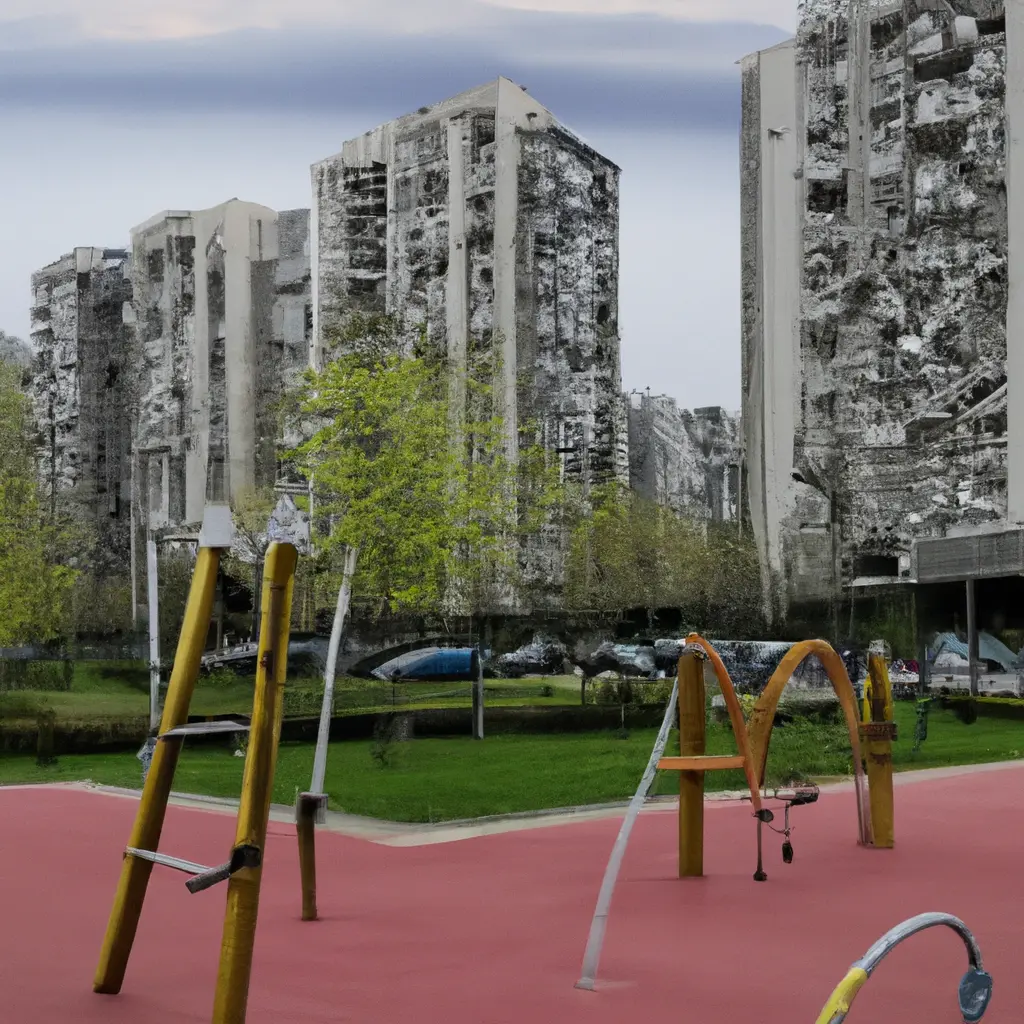War: rental income in Serbia doubled


Rent prices in Serbia have risen to astronomical heights due to the large influx of Russian and Ukrainian citizens, forcing locals to either pay much more for rent or be evicted from their rented apartments. The practice, which some long-term tenants call "war profiteering," has even led to some landlords asking for double the rent.
Milan Ivanovic is one of the long-term tenants who are being forced to move out so his landlord can rent to Russian nationals offering to pay more. Milan was paying €280 a month for an apartment in the center of Belgrade, but the owner suddenly decided to ask for €400. "He told me that it was a 'friendly' price as I had been renting from him for years and that he could get much more money from the Russians," Ivanovic told EURACTIV Serbia. "Anyway, I decided to leave because I was offended on a human level. The day I was supposed to move out, the landlord asked me to leave immediately so the Russian family could move in. I saw the new tenants with my own eyes and they stopped by to ask about furniture, moving and other details," he added. "I had to rent another apartment, for which I now pay €400, even though it is half the size of the previous one.
14 May 2025
14 May 2025
Philip Vrbaški from real estateagency Gigant told EURACTIV that rental prices have increased by 100% and a 64 square meter studio apartment in New Belgrade now rents for €700 a month, up from €350 last year. Most Russian and Ukrainian citizens in Serbia - young working people and families - have signed annual lease agreements to formalize their stay in the country," Vrbaški said. His agency dealt with Ukrainians at the beginning of the war in Ukraine, but most of his clients lately consist mainly of Russians," he added.
With Russian and Ukrainian tenants in Belgrade, 90% are in the city center, Nikola Savic from real estate agency City Expert told EURACTIV. A similar situation is observed in the cities of Niš and Novi Sad. "It's important to them that they live in a safe neighborhood, that the apartment is fully equipped," Savich said, adding that "good internet speed is crucial because most of them work from home." The majority of Russians and Ukrainians work in the field of information technology, but there are also designers, visual or sound artists, nutritionists and restaurateurs among them," he explained.
Although the number of Ukrainians and Russians in Serbia has slightly decreased, apartment owners do not want to lower rents because, after the arrival of two large groups of Ukrainians and Russians last year, Vrbaški said, they are probably counting on another big wave of Ukrainians and Russians, which he said are expected in the country. "Between the two waves, demand was lower and prices stagnated at the same level. Landlords are now patiently waiting for the expected third wave of arrivals and are therefore not ready to lower prices," Vrbaški told EURACTIV.
This means that until Serbia is hit by the expected third wave, local tenants will be left with significantly higher rents. (Milena Antonijevic | EURACTIV.rs)
Comment
Popular Posts
Popular Offers

Subscribe to the newsletter from Hatamatata.com!
Subscribe to the newsletter from Hatamatata.com!
I agree to the processing of personal data and confidentiality rules of Hatamatata














